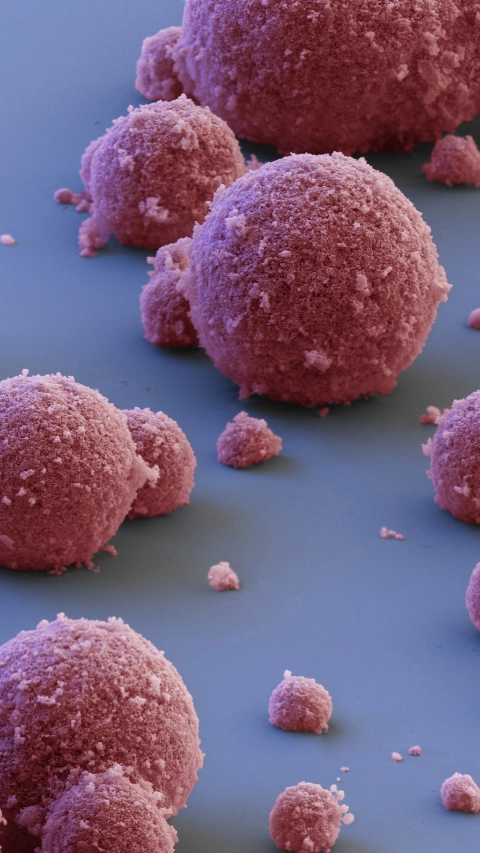Network for Asian Open Research (NAO)
Interview with NAO Student HuanHuan Gao
Thanks for your time today HuanHuan. You recently joined NAO, what is your impression so far?
NAO provides me a very good opportunity to get in touch with the industry. I stay at the university but I deal with a very practical problem from the industry. This is really a valuable experience for a person from theoretical and simulation background like me.
Can you share an example of a valuable experience that you have made so far?
During the period of NAO research, I had deep discussions with scientists of BASF and even could enter their lab to watch their experiments - from raw materials to final products. That was very helpful for me to understand the practical systems. It is very different from academic labs or theoretical models.
Independently from the chemistry project, what have you learnt from NAO?
One thing that I have learnt is how to work as a team. My program is an interdisciplinary project. Some colleagues perform quantum chemistry calculation, some others carry out experiments and I do mesoscopic simulations. We cooperate together in order to understand the problems well. We make teleconferences between Shanghai and Ludwigshafen and exchange our ideas frequently.
Since you have been working for NAO, what was the most challenging part for you?
You will deal with a real system in industry. You know it is not like that in academic lab, it may be complex, impure or with additives. Many progresses are coupled with each other. So you need to learn and take care of all factors that may be crucial.
What would you like to say about the general collaboration between BASF and the University?
I think this collaboration is a benefit for both - BASF and the universities. For BASF, the company will be close to young scientists, the fundamental research or even the frontier of research. And for the universities it is a good chance to gain knowledge from real practice.
How was your own and the project’s development the last months?
Two systems are planned to be studied in my project. During the last months, we have finished the first part and built up a model by cooperative study of theoretical simulations and experiments.
After you will have finished your project with NAO, what’s your career plan?
I wish to find a position in the industry, like in BASF. With the experience of NAO, I think that my knowledge will be helpful to deal with real problems in industry and at the same time that I can also learn a lot from the company and realize myself.
